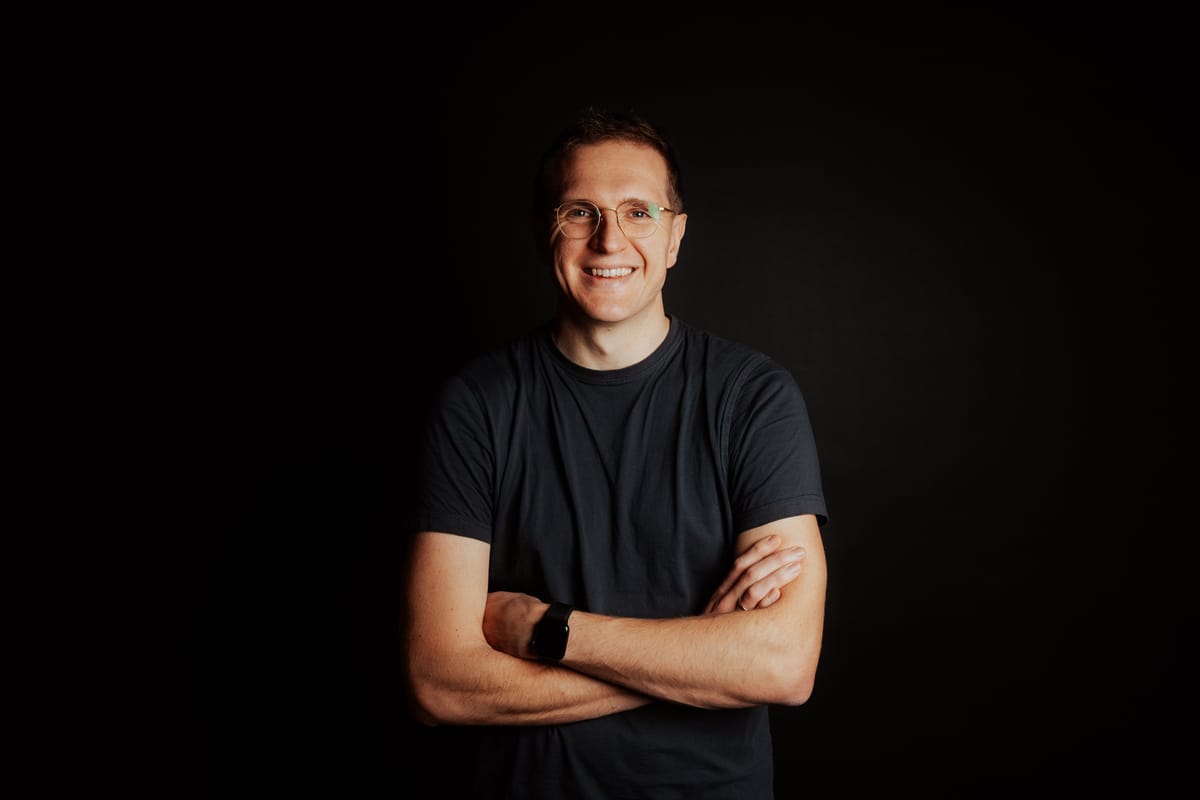What you will learn:
Insights into Leadership Models: Understand key mental models like the Drama Triangle, Circle of Influence vs. Circle of Concern, and Extreme Ownership, and how these frameworks can guide effective leadership and decision-making.
Practical Applications of Responsibility: Learn how to practically apply concepts of responsibility and accountability in both personal and professional contexts, enhancing your ability to manage and lead effectively.
Engagement with Leadership Challenges: Discover how leaders can confront and overcome common challenges by employing specific strategies and thought models, fostering a culture of accountability and proactive problem-solving.
⏲️ Reading time: 4 minutes
The 3 Mental Models to Master Responsibility
"The best leaders are those who understand that responsibility is not a burden, but a powerful tool for growth and innovation." — Satya Nadella, CEO of Microsoft
You are tech investors and CEOs. You navigate a complex world. Responsibility and accountability are not buzzwords for you. They are essential for your success.
I've grappled with these concepts for years, both in my professional work and in my personal life. It's funny how life itself often feels like one long leadership journey. Whether it's figuring out how to motivate myself on tough days (hello, self-leadership), organizing a group project back in school, or now, as a parent, guiding my children through their first steps – each experience has taught me something about responsibility and accountability.
And that's not even counting the more traditional leadership roles we encounter in our careers. From that first job where we learn to manage up, to the lateral collaborations with peers, to eventually leading teams of our own – each stage brings new lessons in what it means to be responsible and accountable.
But here's our real challenge: translating these abstract concepts of responsibility and accountability into our everyday personal and professional lives. We nod along in meetings when these terms are thrown around, but do we truly understand what they mean in practice? Most of us struggle with this, yet few dare to admit it for fear of being singled out. And so, we all live in a kind of shared oblivion.
Let me be clear: I don't claim to have all the answers. But I am committed to finding out. That's why I'm embarking on a deep dive into the mental models top leaders use to approach responsibility and accountability, and I need your expertise.
What mental models do you regularly employ when thinking about responsibility and accountability? How do you make these concepts tangible in your daily life and work? I'm eager to hear your perspective, your questions, stories and challenges – even (especially!) if they involve admitting uncertainty. After all, that's where real learning begins.
The Genesis of This Inquiry
My exploration of this topic stems from three sources:
My work with Patrick Lencioni's Team Dysfunctions framework (and the concept of “accountability”) and reflections on goal setting and project management tools like the RACI matrix.
My observation that the German debate about “Verantwortung” feels reserved to the political discourse and philosophy professors. The word “Verantwortung” is lost in everyday German vocabulary.
My journey into fatherhood and the shifting dynamics of shared responsibilities between my wife and me. More specifically, I started to suspect that there are other underlying relationship dynamics at play when we speak about “taking responsibility – you can read more here.
Three Powerful Models for Responsibility
Here are the mental models at play for me when thinking about responsibility and accountability:
The Drama Triangle
Circle of Influence vs. Circle of Concern
Extreme Ownership
Wait, what are mental models? They're the frameworks and assumptions that help us navigate complexity, predict outcomes, and make informed decisions. Here we go…
1 – The Drama Triangle
Developed by Stephen Karpman, this model illustrates how responsibility shifts in relationships, often unconsciously. It involves three roles: Victim, Persecutor, and Rescuer.
Example: Imagine a startup where the CTO (playing the Victim) complains about impossible deadlines. The CEO (as Persecutor) pushes back, citing market pressures. The COO (as Rescuer) steps in to mediate, taking on extra work. This triangle keeps rotating, with people switching roles, but never truly solving the underlying issue.
The key to breaking this cycle? Stepping off the triangle entirely by taking true responsibility. Instead of playing these roles, team members can acknowledge the challenge, own their part, and collaborate on solutions. This shift transforms the dynamic from blame and rescue to shared accountability and problem-solving.
2 – Circle of Influence vs. Circle of Concern
Popularized by Stephen Covey, this model encourages us to focus on what we can control (our Circle of Influence) rather than what we can't (our Circle of Concern).
Example: As a CEO, you might be concerned about a potential economic downturn (Circle of Concern). Instead of worrying, you focus on what you can influence: optimizing your cash flow, diversifying your client base, or upskilling your team (Circle of Influence).
3 – Extreme Ownership
This concept, championed by Jocko Willink, posits that leaders must take complete responsibility for everything in their world, including the actions of their subordinates. A variation of this is "taking 100% responsibility" as popularized by the Conscious Leadership Group.
Example: If your marketing campaign underperforms, instead of blaming the marketing team or external factors, you ask yourself: "Did I provide clear objectives? Did I ensure the team had all necessary resources? How can I support them better next time?"
Your Insights Matter
I'm genuinely curious about your experiences. What is your experience with any of these models I’ve shared? What mental models around responsibility and accountability have proven most valuable in your leadership journey? How do they shape your decision-making and approach?
👉 Just reply to this email and share your thoughts with me, and I’ll round up what I read in a future episode.
Until next time,
Julius
P.S. Interested in a deeper dive? I'm considering organizing an exclusive mastermind session on this topic. Let me know if you'd like to participate.
How I can help you
1:1 Coaching: Over the last five years, I’ve helped 170+ entrepreneurs & investors navigate complex life and business challenges. Reach out to learn more.


